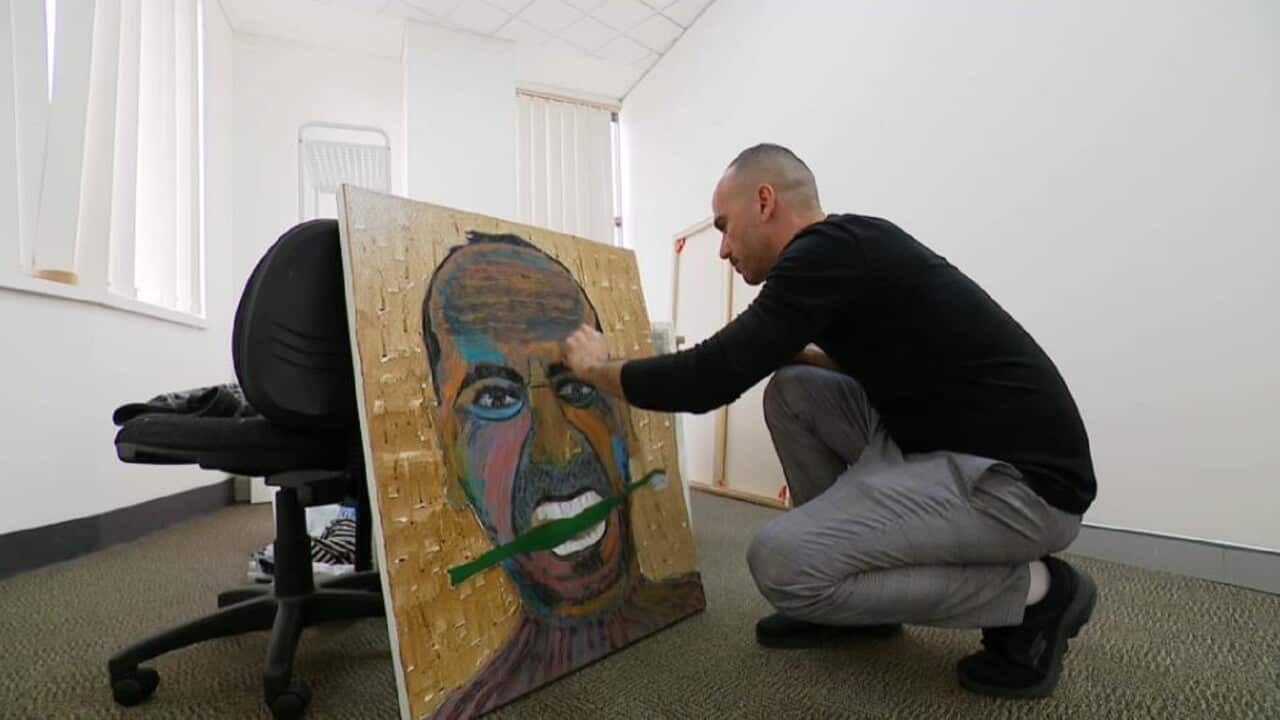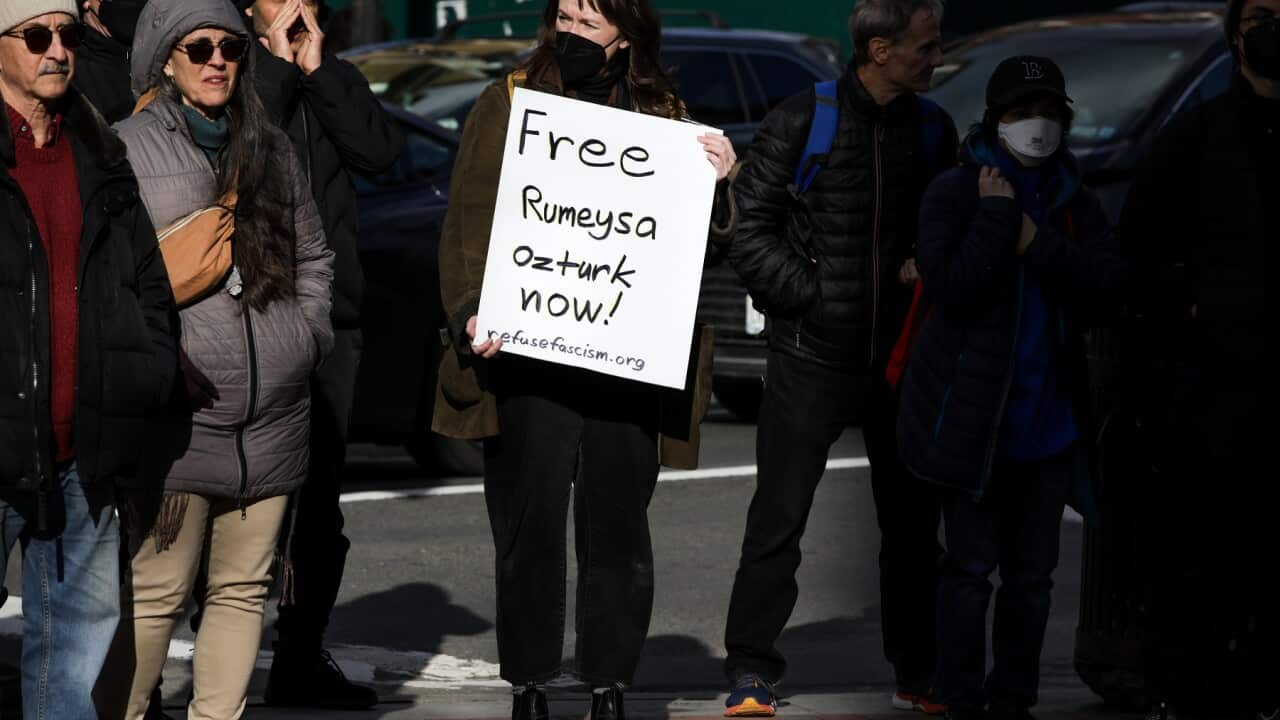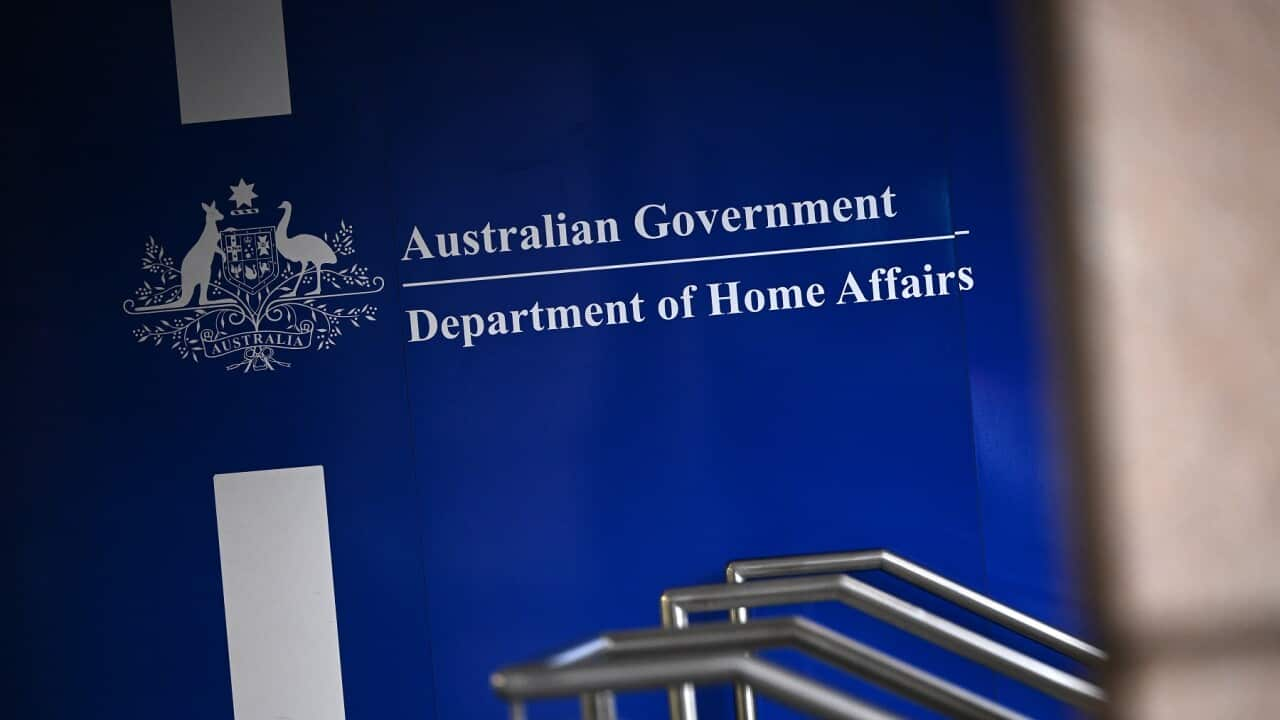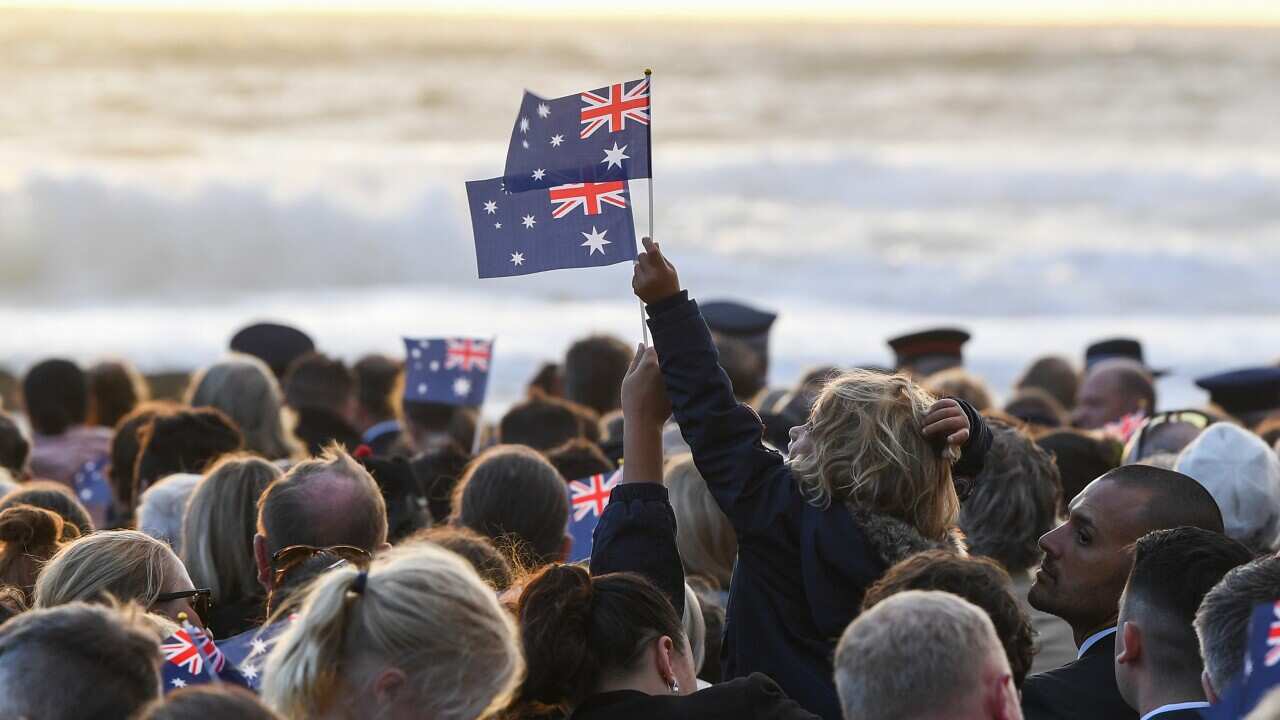TRANSCRIPT
They left Vietnam as babies.
Fifty years later, a group of adoptees returned together to search for their biological families.
Among them is Kim Catford - he was adopted to South Australian parents in 1974.
"I'm still searching for my birth mother, like other orphans or Vietnamese adoptees on this ride. We're hoping that they are searching for us, just like we're searching for them. They probably fled the Saigon area when the North Vietnamese came through to Saigon and probably fled into some of those small villages in the Mekong Delta region."
Thirteen adoptees, most from Australia, and their families cycled 284 kilometres over four days from Ho Chi Minh City to Sóc Trăng in the far south, visiting villages along the Mekong Delta where they were born during the Vietnam War.
The group delivered care packages of rice and oil to elderly residents, speaking to them about the ongoing search for family and providing information about D-N-A testing, offering free kits to those interested.
Barton Williams - who was evacuated from Vietnam to Australia just weeks before the fall of Saigon in Operation Babylift - says the trip was a moving experience.
"One of the mothers stood up in front of all the others, I don't know what age she would be but she'd have to be in her 70s, and she said in Vietnamese ‘Welcome back to your home country’, I thought that was the most beautiful thing. It brought a tear to everyone’s eye. To have that, whether we get a DNA match or not is pretty comforting."
The ‘Celebrating Viet Nam Mothers’ event was Sue-Yen Luiten's brainchild – she was adopted from Vietnam in 1974 at just four weeks old, growing up in Western Australia.
She says the bike ride was a project ten years in the making.
"Since 2015 – the 40th year of the end of the Vietnam War – it became evident that we as adoptees or children separated from our birth families due to the war, we're running out of time to look for our families as they're getting older. So it's really come down to a bit of a time game. I've been searching now for 25 years."
Many Vietnamese adoptees searching for family find their birth records are inaccurate or incomplete.
For them, DNA testing is a game changer, and Sue-Yen Luiten says, many adoptees are looking for extended family too.
"We're looking for our mothers, but we're also looking for fathers, uncles, aunties, siblings. Anyone that might have a history or known history that they are missing someone from their family that may have left the country. Yeah, we're reaching out to all of them."
DNA helped Kim Catford reunite with extended family in Europe after discovering his father was Danish, had emigrated to the US, joined the airforce and served in Vietnam.
"Same with my mother, like there's no reason why I can't find her through DNA. And it's strange because all the adoptees when they're there, they, you know, riding through the streets or going through a market, they say, 'Oh, is this my mother?' or you're looking at an older woman and think could that be her? So, it's interesting to talk to the other adoptees about those moments that you sort of think, 'wow, this could be her'. So, and when we went to come of the community halls and provided these gift packs, there were a lot of women that were holding us, and saying thank you to us, and I think they were trying to piece together if we looked like them as well, so."
Sue-Yen Luiten says the bike ride helped adoptees feel connected to the country and its people in a way they hadn't experienced before.
"Riding a bike was a really cathartic way to exercise and exorcise those sorts of feelings. The physicality of processing and smelling things and seeing things and riding along in your own thoughts and then having someone or other adoptees so close to be able to just turn around and have those conversations. For the first time a lot of adoptees have had that one-to-one interaction with the community outside of a taxi or a tour bus, that really does make you think have I just ridden past my mother or my father along the path?"
For Barton Williams, one of the most meaningful parts of the trip was connecting with fellow adoptees, some of whom now feel like siblings.
"Returning to Vietnam this time the second time for me with other adoptees was really cathartic in the sense that it really allowed me to actually talk about it, whereas in the past I hadn't really talked a lot about my past and my adoption. People knew what you were going through and the emotions you were going through, generally it was far more cathartic in that I could talk about my feelings, or not have to talk about them because people understood that."
Barton has previously written about his personal journey as a Vietnamese adoptee - first writing a children's book called 'But What Are You?' about a boy that gets sent from Vietnam to Australia in a cardboard box.
Later, he developed the story into a play entitled 'FRAGILE: Handle With Care', which he has staged for the Edinburgh and Adelaide Fringe Festivals.
Barton says the trip to Vietnam has also helped him come to terms with his own story.
"I guess what I've sort of realised now is in light of everything that's happening globally, there's millions of people displaced due to war, sadly. And I think what it does, it raises awareness, and it gives hopefully some understanding that when people displace, we need to we need to talk about it and think about it because it's not as black and white to say, 'No, we're not letting these people in or yes, we should be letting these people in.' I think it's not a black-and-white topic. The Operation Babylift process that took place back in 1975 was the largest humanitarian adoption program in the world. Sure, it wasn't perfect, but at the time, the countries that took place in it, they did what they felt was the best thing at the time. And I am a product of that, and finally, I feel confident enough to say, 'this is how it was, and this is how I feel about it'.”
Adoptees like Sue-Yen, Kim and Barton, are hopeful their work may uncover answers for the mothers separated from and searching for children, and for the thousands of other Vietnamese adoptees around the world.













